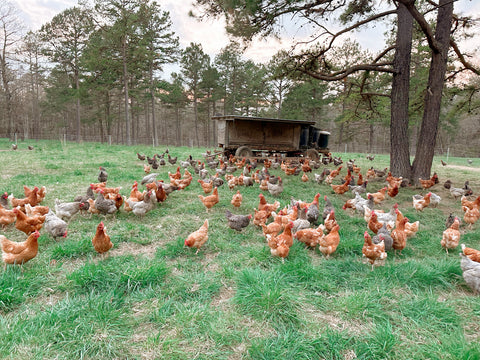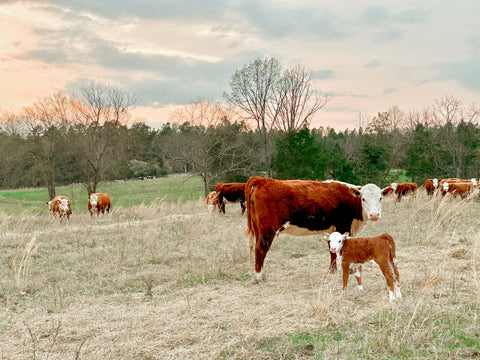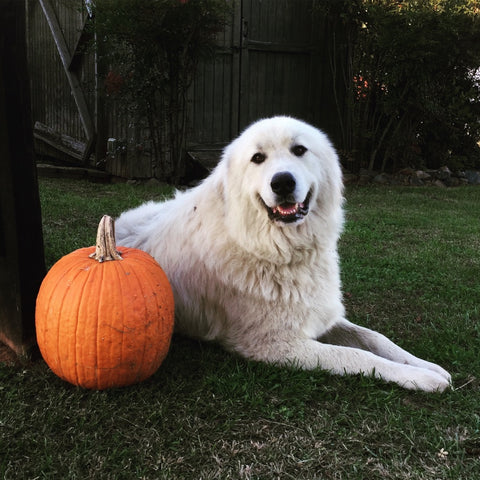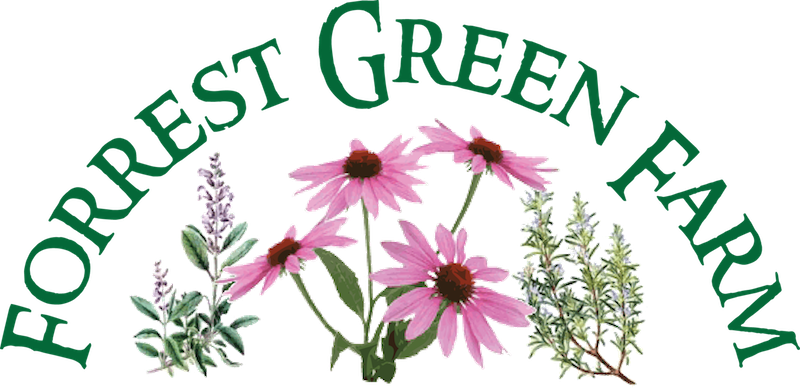Regenerative Agriculture
At Forrest Green Farm, our mission is to improve the biological health of the land. This allows us to produce healthy food. Providing nutrient-dense food promotes healthy people, healthy families, and healthy local communities. We manage our farm with a holistic approach by using Regenerative Agriculture practices and "Beyond Organic" farming ideals. Regenerative Agriculture involves farming and grazing practices that can reverse climate change by rebuilding soil, increasing organic matter, and restoring degraded soil biodiversity. This results in both carbon drawdown and an improved water cycle. Though we are not certified organic, we hold ourselves to standards that go beyond organic. We do not use pesticides, hormones, antibiotics, GMOs, synthetic fertilizers, or fillers for our animals or farmland.
We have been developing our holistic land management knowledge for over 30 years. Rob's passion is to work with and mimic the natural cycles to help our farm thrive. This improves our farm’s animal biodiversity and supports the wildlife in the area. We achieve this through adaptive grazing, composting, growing perennial crops, no-till, and intensive animal and pasture management.
We utilize intensive adaptive rotational grazing to ensure that only one portion of the pasture is grazed while other pastures are given the time to "rest." To achieve this, we use portable electric fencing to guide our cows and chickens in specific areas at a time. Resting grazed pasture allows forage plants to renew energy reserves, rebuild vigor, deepen their root system, and improve long-term maximum biomass production. For rotational grazing to be successful, the timing of rotations must be adjusted to the growth stage of the forage. This helps improve productivity, animal weight gain, and overall net return to the farm. Additionally, rotational grazing allows for better manure distribution that provides nutrients to the soil.
With proper management, animals are a benefit to the land. We rotate our Hereford cows, laying hens, broiler (meat) chickens, and turkeys throughout the pastures whenever the grasses are ready to be grazed and after they have had time to "rest." This ensures that none of our fields are overgrazed and helps with our hay production. Our chickens and cows coexist and complement each other in many ways, including supporting our land. For example, after the cows have grazed in a field and are moved, we put the laying chickens where the cows were. The chickens eat any grubs, bugs, or parasites in the cow poop, making the field clean and ready for the cows again once the grass grows back. All of our animals play an essential role in the cyclical system.
Rotational grazing offers numerous advantages, such as more stable production during poor growing conditions (especially drought), water retention, more significant yield potential, higher quality forage available, decreased weed and erosion problems, more uniform soil fertility levels, and improved animal health. Grazing animals can be used to help prep areas for reseeding. Additionally, it results in beautiful, diverse green fields.
All our animals are antibiotic-free, hormone-free, and steroid-free. Our Hereford cows are 100% grass-fed and finished. We do not supplement with any grains. If necessary, we give them hay from our fields during the winter. Both kinds of chicken (meat and layers) are pasture-raised and nourished. They are supplemented with non-GMO feed, have plenty of room to roam and sunshine, love eating insects, and enjoy leftover veggies and herbs from the greenhouses/gardens.
In addition, we seasonally raise pasture-raised turkeys, which are raised like our chickens. We start them mid-summer and process them the weekend before Thanksgiving. Preordering is recommended.
We have an open farm policy and would love to chat with you if you'd like to come by and check us out. Our farm is open Thursday-Monday, 10 am-5 pm year-round.
Learn more about our animals



